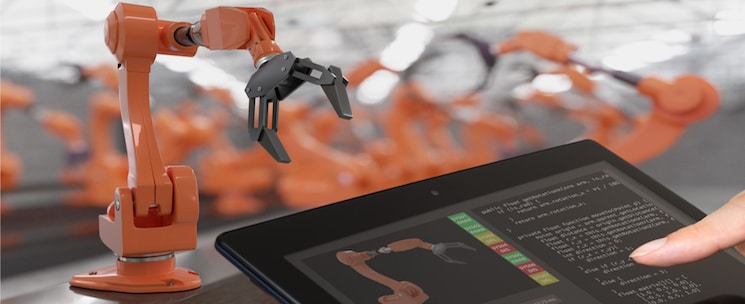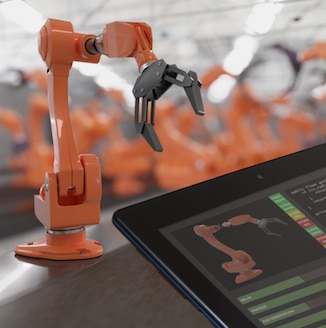
China – U.S. tensions are big news. Every week or two, there is another headline about one side upping tariffs. Soon thereafter, the other side follows suit with a new series of tariffs. This has been going on for months. American businesses are experiencing the fallout with 25% duties imposed on equipment and goods they thought they were buying cheaply from overseas.
But an article in Forbes by Michael Mandel offered a different perspective. He believes that rising tensions between China and the USA on trade could have far-reaching implications for U.S. manufacturers. As each side adds more tariffs, the pain increases on both sides. Chinese manufacturers lose their strongest market. U.S. companies outsourcing equipment and goods to China will be forced to look for suppliers closer to home.
If the trade war doesn’t abate, higher prices are inevitable. And that offers a massive opportunity for digital manufacturing. U.S. manufacturing had fallen into the doldrums in many areas as it was much cheaper and easier to just import goods, components and equipment from afar. But those days may be disappearing. This geopolitical and economic shift could be the catalyst needed to re-energize the entire manufacturing sector.
Domestic investment in manufacturing automation, robotics and digitization has been somewhat sluggish. Yet these technologies become essential if goods are to be produced at a price that makes them affordable for the home market. The absence of cheap Chinese gear could spur many more to take the plunge toward digital manufacturing.
Despite there being many homegrown success stories out there about the value of digitization and digital manufacturing, it is still considered by some to be an area to invest in cautiously. As the trade war heightens, caution may need to be thrown to the wind in an effort to bring U.S. manufacturing prices sharply downward.
New technology and new business models are needed to raise the profitability of domestic manufacturing production. Digital manufacturing is the obvious answer. With more and more firms forced into digitization and greater levels of automation, the far reaches of the entire supply chain will become easier to digitize. A digital thread can then be established that pervades the value chain. Instead of a whole network of small suppliers being hit with a massive bill as the price of entry into the digital manufacturing arena, the widespread nature of the technology will bring about lower costs, easier methods of implementation and simpler integration between partners.
In tandem, an ecosystem or software suppliers, robotics specialists, Internet of Things (IoT) suppliers and digitization facilitators will emerge. This is good news for complex discrete manufacturers. They will no longer be facing a lonely road toward the digital manufacturing enterprise.
Forced to go it alone, it would be up to them to engage their supply chains and bring them slowly and painfully forward along the path of digitization. But with U.S. manufacturing as a whole being made to face up to inefficiency, high costs and lack of profitability, digital manufacturing becomes a necessity.
But while the supply chain gears up, complex discrete manufacturers should be taking action now to bring their own internal systems up to speed. iBaseT offers the best way for manufacturers to introduce digitization. The iBase-t Digital Manufacturing Suite seamlessly operates between IT systems such as CRM, ERP and BPM, and operational technology systems such as MES and other shop floor tools.

